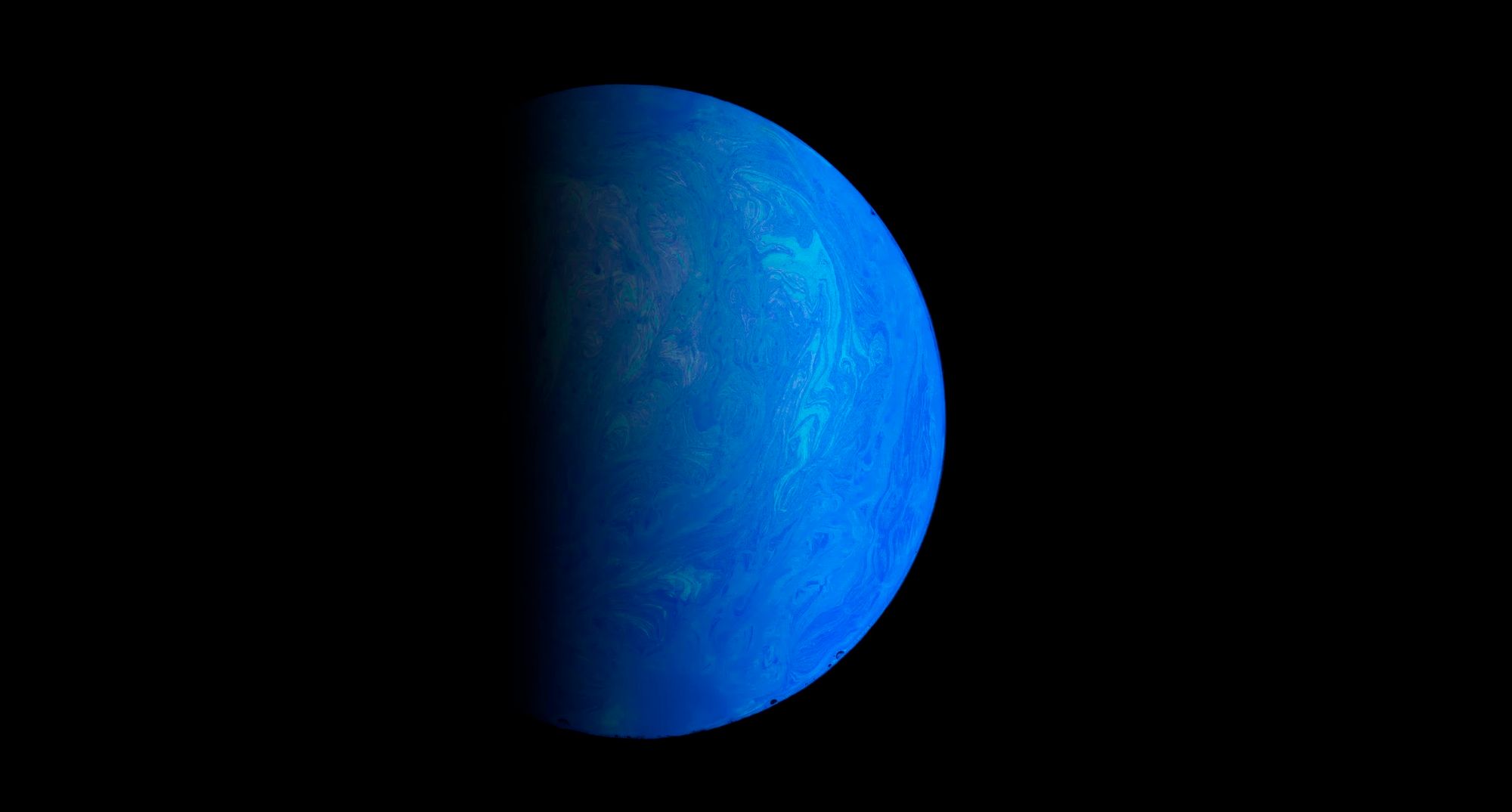🧠 Artificial Intelligence
Artificial intelligence (AI) helps doctors make better diagnoses, scientists create new materials, farmers grow crops more effectively and all of us driving cars - and millions of other applications. This topic also covers subsets of AI such as machine learning (ML), deep learning and neural networks.
📣 Low-power microcircuits create an AI revolution
AI will need huge amounts of computing power for its "deep learning". Power-efficient microcircuits play a key role, behind the veil.
📲 5G is almost here - so now the work begins with 6G
Hologram and haptic interfaces are just some of the possibilities that 6G can give us in ten years when the next-generation mobile network is to be put into operation.
💡 The method that makes AI learn more easily
Nvidia researchers have found a way to teach an AI to recognize images that require only a fraction of the training images normally needed.
🚨 AI makes rescue drones better at finding lost people
An AI can determine a human presence in a thermal image with 95 percent certainty and is 70 percent better than an ordinary analysis of the image.
🧬 From games to science breakthrough - the story of AlphaFold
The history of computers competing against humans is long, and often attracts enormous attention. But what is it good for? What does it matter if a computer can win in chess, Go, or Starcraft? We got the answer when AlphaFold solved a 50-year old grand challenge in biology.
🥬 Vertical gardens push the future of agriculture towards the sky
Vertical gardens produce a large amount of fresh vegetables with minimal water consumption, without pesticides and genetic modification.
🌳 NASA is counting Earth's trees from space
NASA is using supercomputers and artificial intelligence to count the Earth’s trees from space.
🔭 First ever exoplanet discovery made by artificial intelligence
Astronomers applied a machine learning algorithm to validate the presence of exoplanets on telescope images, resulting in 50 new confirmed discoveries.
🤖 Why technology helps politicians make better decisions – and eventually replaces them
It's time to release the potential in new technologies and make more democratic and rational decisions than ever before, writes Anna Rennéus Guthrie.








